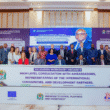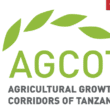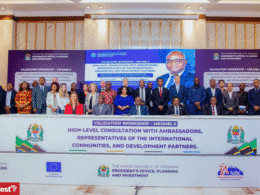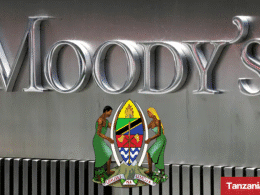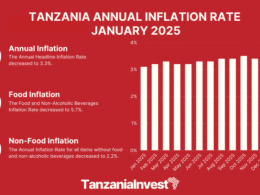The World Bank is prepared to provide a supplemental credit of USD 171 in order to help implement the strategy that is known as the Tanzania MKUKUTA strategy, a Kiswahili acronym for the Tanzania national strategy for growth and reduction of poverty, which will also be used to help alleviate the effects of the global financial and economic crisis.
According to a recently released statement from the World Bank, the intention of the credit is to provide assistance while, at the same time, allowing the country to continue working to achieve its objectives of the seventh poverty reduction support credit (PRSC-7), which received approval in June 2009.
The approval of the PRSC-7 marked the fourth of five PRSCs that were approved annually and created in order to provide general support for the Tanzania Government budget so as to sustain economic growth and expand the efficiency of the delivery of basic public services.
As a result of the international financial crisis, Tanzania has experienced a decline in the growth of various sectors including textiles and tourism as well as in cash crops, which provides support to the country’s exports and the general population in rural areas.
In response to the crisis, the government has offered a moderate fiscal stimulus package, which is intended to help sustain growth through the preservation of essential expenditures and an increased focus on both the Tanzania agricultural sector and investments in Tanzania infrastructure as well as through the provision of target relief for activities that were directly affected by the crisis.
“Overall, government’s response to the international crisis appears adequate and congruent with Tanzania’s current fiscal space and development strategy,” said the task team leader for the World Bank operation, Javier Suarez, in an East African Business Week (EABW) report.
According to this report, the supplemental funding from the World Bank will help to lessen the existing financing gap in the FY09/10 budget.
This gap is the result of the necessity to sustain the government’s existing expenditure levels so as to remain in line with the country’s poverty reduction objectives, in addition to the costs that were accrued by unanticipated expenditures resulting from the impact of the global economic slowdown as well as an unforeseen reduction in both domestic revenues and foreign financing.
To this end, the support that will be provided by the World Bank will help the country to recover from effects of the global crisis.
“The additional support provided will help the country cope with the effects of the global financial crisis,” said the World Bank country director for Tanzania, Uganda and Burundi, John Murray McIntire in the EABW report, “The global crisis also brings added urgency to Tanzania’s efforts to improve the business environment and strengthen governance, in particular the fight against corruption.”


